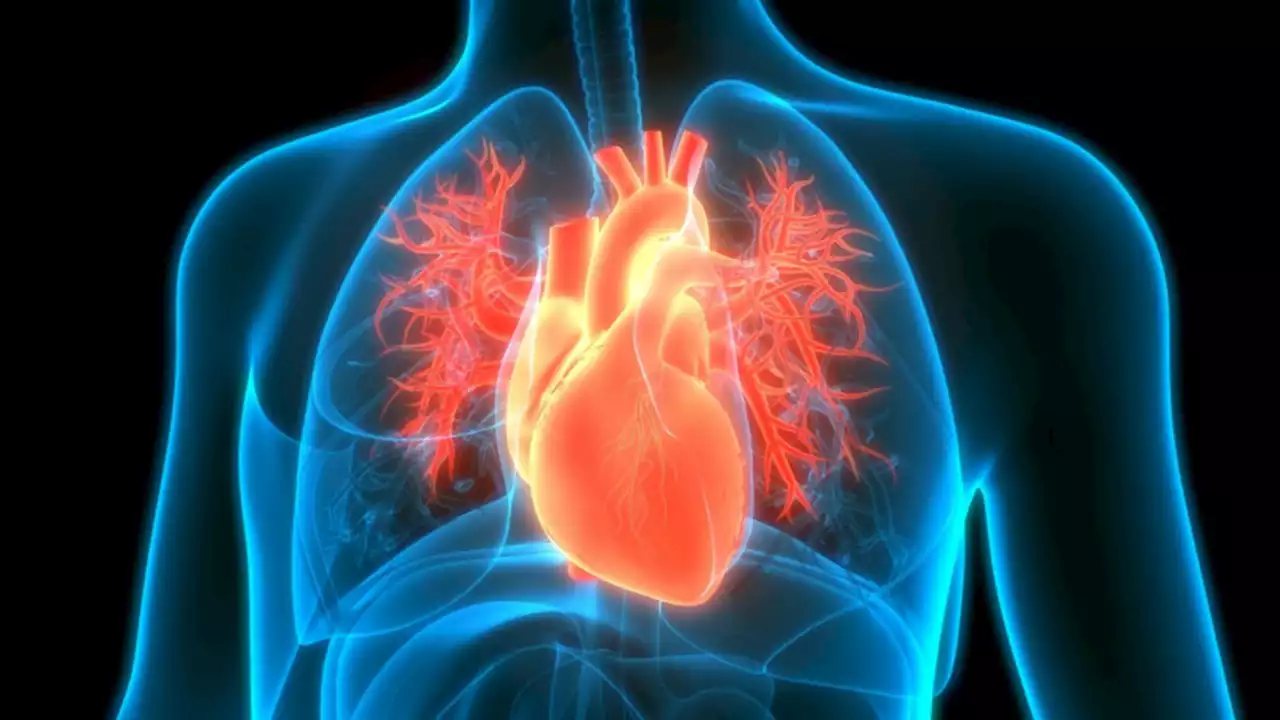Irregularity is the key. engineering
Pacemakers are life-saving medical devices used to control and correct different forms of irregular heartbeats. The small device is implanted in the chest to keep the heart's rhythm going, but the way it regulates the pace of the heartbeat is much different from the heart's natural beat.
Scientists are planning to test out a new device that more accurately mimics this natural timing, and following successful animal studies, the"revolutionary" pacemaker is now expected to be trialed in New Zealand this year.from the University of Auckland developed a"bionic" pacemaker called Cysoni, a device that responds to the body's signals in real-time.
Inspired by this, the researchers began to investigate the possibility of developing a new type of pacemaker twenty years ago to treat patients with heart failure. This is a condition in which the heart cannot pump enough blood to meet the body's needs, and it's characterized by a loss of natural heart rate variability, which is beyond the capabilities of today's pacemakers.
"Currently, pacemakers trigger a metronomically steady beat, but this study shows introducing a natural variation in the heartbeat improves the heart’s ability to pump blood through the body," Rohit Ramchandra, study author, said."The other big news is that we get a 20 percent improvement in cardiac output, which is effectively the ability of the heart to pump blood through the body. And 20 percent is a big number.
The next step will be human testing, and scientists are already enrolling patients for the trial, which will kick off later this year in New Zealand.Stay ahead with the latest science, technology and innovation news, for free:
